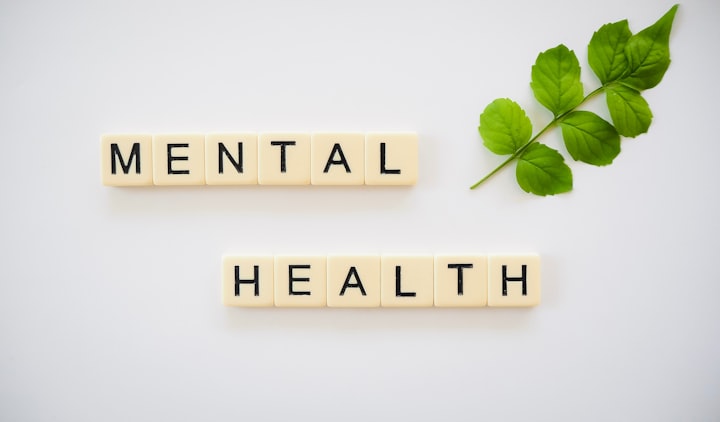All About Climate Change
awareness of climate change

Climate change is a pressing issue facing the world today, and its effects are already being felt in many parts of the globe. It is a phenomenon that is caused by the increase in greenhouse gases in the Earth's atmosphere, primarily due to human activities such as burning of fossil fuels, deforestation, and industrialization. The accumulation of these gases in the atmosphere traps heat and warms the planet, causing changes in weather patterns, melting of glaciers and sea ice, and rising sea levels.
The effects of climate change are widespread and affect every aspect of life on Earth. Changes in weather patterns have led to more frequent and intense natural disasters such as hurricanes, floods, and wildfires. These events have resulted in loss of life, property damage, and displacement of people from their homes. In addition, changes in precipitation patterns have affected agriculture, leading to reduced crop yields and food insecurity in some parts of the world.
One of the most visible effects of climate change is the melting of glaciers and sea ice. Glaciers are melting at an unprecedented rate, contributing to rising sea levels. This has serious implications for low-lying areas such as island nations, coastal cities, and deltas, which are at risk of flooding and erosion. The loss of sea ice also has consequences for wildlife, particularly in the Arctic, where animals such as polar bears and walruses rely on the ice for their survival.
The rise in global temperatures has also led to ocean acidification, which is a direct result of increased carbon dioxide levels in the atmosphere. Acidification affects the ability of marine organisms to build and maintain their shells and skeletons, leading to a decline in their populations. This has serious implications for marine ecosystems, which are essential for human well-being, including food security, livelihoods, and cultural practices.
Climate change is also exacerbating existing social inequalities, particularly in the developing world. Poorer communities are more vulnerable to the effects of climate change, including natural disasters, food insecurity, and disease outbreaks. These communities also have fewer resources to adapt to these changes and are often overlooked in global discussions on climate policy.
To mitigate the effects of climate change, the world needs to reduce greenhouse gas emissions and transition to a low-carbon economy. This requires a concerted effort by governments, businesses, and individuals to reduce their carbon footprint and promote sustainable practices. This includes the development of renewable energy sources such as solar, wind, and hydropower, as well as increased energy efficiency in buildings and transportation.
The Paris Agreement, signed by 195 countries in 2015, is a landmark agreement aimed at limiting global warming to below 2°C above pre-industrial levels and pursuing efforts to limit it to 1.5°C. Under the agreement, countries have committed to reducing their greenhouse gas emissions and regularly reporting on their progress. The agreement also includes provisions for financing and technology transfer to support developing countries in their efforts to mitigate and adapt to the effects of climate change.
Despite the progress made under the Paris Agreement, much more needs to be done to address the urgent threat of climate change. This requires a global effort to transition to a sustainable, low-carbon economy and to promote climate resilience in vulnerable communities. Governments must take bold action to reduce emissions and invest in renewable energy, while businesses and individuals must also do their part by adopting sustainable practices and reducing their carbon footprint.
In conclusion, climate change is a pressing issue that requires urgent action from governments, businesses, and individuals. The effects of climate change are already being felt around the world and will continue to worsen if we do not take immediate action to reduce greenhouse gas emissions and transition to a sustainable, low-carbon economy. We must work together to promote climate resilience in vulnerable communities and ensure that future generations inherit a healthy and livable planet.
About the Creator
Muhammad Abrar
Muhammad Abrar is a passionate writer and storyteller with a love for words and a talent for crafting engaging and compelling content. With a background in [related field or experience],






Comments
There are no comments for this story
Be the first to respond and start the conversation.